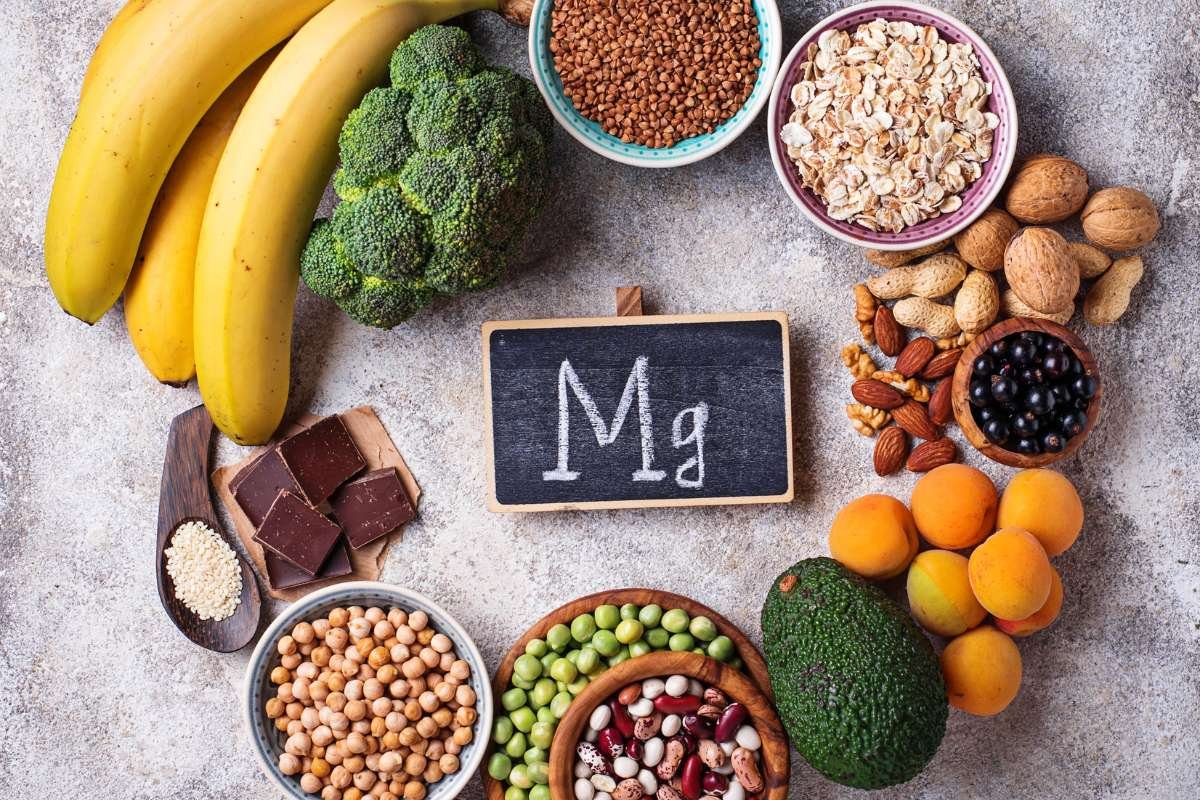In competitive sports, athletes are always trying to get better by training, eating healthy, and resting properly. One key nutrient that is often missed is magnesium. This mineral supports more than 300 important jobs in the body, such as moving muscles, sending nerve signals, and making energy. For athletes who work their bodies hard, taking a magnesium supplement for athletes can help improve performance and recover faster. Before using magnesium, it’s important to understand how it works, its benefits, signs of low levels, and how to take it safely.
Why Magnesium Matters for Athletes?
Magnesium is essential for the contraction and relaxation of muscles, the regulation of heartbeat, and efficient oxygen uptake—all of which are crucial for athletic performance. Studies published in journals such as Nutrients and the Journal of Sports Sciences have shown that physically active individuals may have greater magnesium requirements due to loss through sweat and increased metabolic activity.
Without adequate magnesium, athletes may experience:
- Muscle cramps and spasms
- Increased fatigue
- Slower recovery times
- Decreased endurance
- Irregular heartbeat
A magnesium supplement for athletes helps bridge this nutritional gap, particularly in those who struggle to meet their needs through diet alone.
7 Key Benefits of Magnesium Supplementation for Athletes
1. Improved Muscle Function and Recovery
Magnesium helps regulate calcium in muscle cells, which controls muscle contractions. It reduces the buildup of lactic acid and supports the clearance of waste products from muscles, reducing soreness and speeding up recovery.
2. Enhanced Energy Production
Magnesium is required for the production of ATP (adenosine triphosphate), the primary energy molecule in the body. Without it, energy production becomes inefficient, leading to fatigue during intense workouts.
3. Better Sleep Quality

Restorative sleep is critical for athletic recovery. Magnesium has a calming effect on the nervous system and helps regulate melatonin, the hormone responsible for sleep. Athletes supplementing with magnesium often report improved sleep quality and duration.
4. Reduced Muscle Cramps and Spasms
Muscle cramps are often a sign of magnesium deficiency. Clinical studies suggest that magnesium supplementation reduces cramping frequency and severity, especially in endurance athletes.
5. Supports Cardiovascular Health
Magnesium maintains a healthy heart rhythm and helps manage blood pressure levels, both essential for athletes who regularly push their cardiovascular systems.
6. Improved Bone Health
Athletes, particularly those in high-impact sports, need strong bones. Magnesium aids in the activation of vitamin D and supports calcium metabolism, contributing to optimal bone density.
7. Reduced Inflammation and Stress
Exercise induces temporary inflammation and oxidative stress. Magnesium acts as an anti-inflammatory agent and supports a balanced stress response, aiding in quicker recovery between workouts.
Common Signs of Magnesium Deficiency in Athletes
Even with a balanced diet, athletes can become deficient due to magnesium loss through sweat and urine. Here are common warning signs:
- Frequent muscle cramps or twitches
- Low energy levels
- Insomnia or poor sleep
- High stress and irritability
- Irregular heartbeat
- Poor recovery between training sessions
If you’re experiencing any of these symptoms, consulting a sports nutritionist or healthcare provider is advisable before beginning any supplementation.
Similar Articles:
- Do Your Bones, Muscles or Nerves Need a Magnesium Supplement?
- Why Magnesium Supplements for Leg Cramps Are Worth Taking?
Best Food Sources of Magnesium

While a magnesium supplement for athletes is effective, dietary intake should still be the first line of defense. Top magnesium-rich foods include:
- Leafy greens (spinach, Swiss chard)
- Pumpkin seeds and almonds
- Black beans and lentils
- Avocados
- Dark chocolate (70% cacao and above)
- Whole grains like brown rice and quinoa
Unfortunately, even a magnesium-rich diet might not suffice for high-performance athletes, making supplementation beneficial.
Choosing the Right Magnesium Supplement for Athletes
Magnesium supplements come in various forms, each with different absorption rates and benefits. Here are some of the most effective forms for athletes:
- Magnesium Glycinate: Known for high absorption and gentle impact on the digestive tract, this form supports muscle relaxation and sleep.
- Magnesium Citrate: A commonly used form that supports digestion and is well-absorbed. Best taken with meals to minimize digestive upset.
- Magnesium Malate: Favored for energy production, it’s ideal for athletes dealing with fatigue or fibromyalgia symptoms.
- Magnesium L-Threonate: Primarily supports cognitive function but can benefit athletes who also require focus and mental clarity under pressure.
- Pro Tip: Avoid magnesium oxide—it has a low absorption rate and may cause gastrointestinal discomfort. Always look for third-party tested brands to ensure purity and potency.
Dosage Guidelines and Precautions
The Recommended Dietary Allowance (RDA) for magnesium varies by age and gender. For most athletes, supplementation of 200–400 mg/day is common, but this should be tailored based on individual needs, activity levels, and dietary intake.
Important Considerations:
- Excessive magnesium can lead to diarrhea, nausea, and stomach cramps.
- People with kidney conditions should avoid magnesium supplements without medical supervision.
- Always consult a healthcare professional before beginning supplementation.
Integrating Magnesium into Your Training Plan

To maximize the benefits of a magnesium supplement for athletes, consistency is key. Here’s how to integrate it smartly:
- Post-Workout: Take magnesium with your post-exercise meal to aid recovery and reduce inflammation.
- Pre-Bed: A bedtime dose can help relax muscles and improve sleep quality.
- With Food: Absorption is enhanced when taken with meals, particularly those containing healthy fats.
- Cycling: Some experts recommend cycling your intake (e.g., 5 days on, 2 days off) to avoid dependence and assess ongoing need.
Similar Articles:
- Magnesium Citrate vs Magnesium Glycinate: Which is the Right Magnesium for You?
- Fruits That Are High in Magnesium: Improve Your Health Naturally
Conclusion
Whether you’re a professional athlete, someone who exercises on weekends, or just love staying fit, taking a magnesium supplement for athletes can really help you. Magnesium can increase your energy, speed up recovery, and protect your heart—it does a lot more than many people know. Eating healthy food should always come first, but a good magnesium supplement made for athletes can give extra support to keep your body strong, your mind sharp, and your performance at its best.
1. How do I know if I need a magnesium supplement as an athlete?
If you experience frequent cramps, fatigue, or poor recovery, and your diet lacks magnesium-rich foods, supplementation may help. A blood test or consultation with a dietitian can confirm your needs.
2. Can I take magnesium with other supplements like protein or creatine?
Yes. Magnesium works well alongside other performance supplements. It may even enhance creatine’s uptake and overall muscle function.
3. Is magnesium safe for long-term use?
In appropriate doses, yes. Long-term use is safe for most individuals. Just avoid excessive intake and check for any pre-existing kidney conditions.
4. When is the best time to take magnesium?
Evening or post-workout is are ideal time. These periods support muscle recovery and promote better sleep quality.







